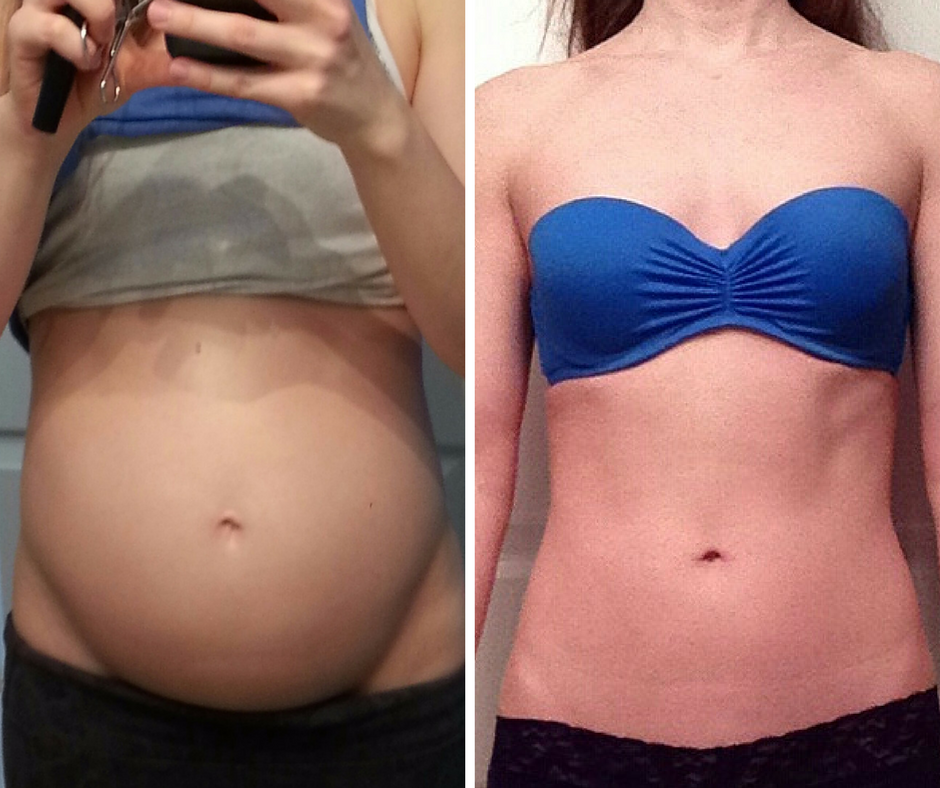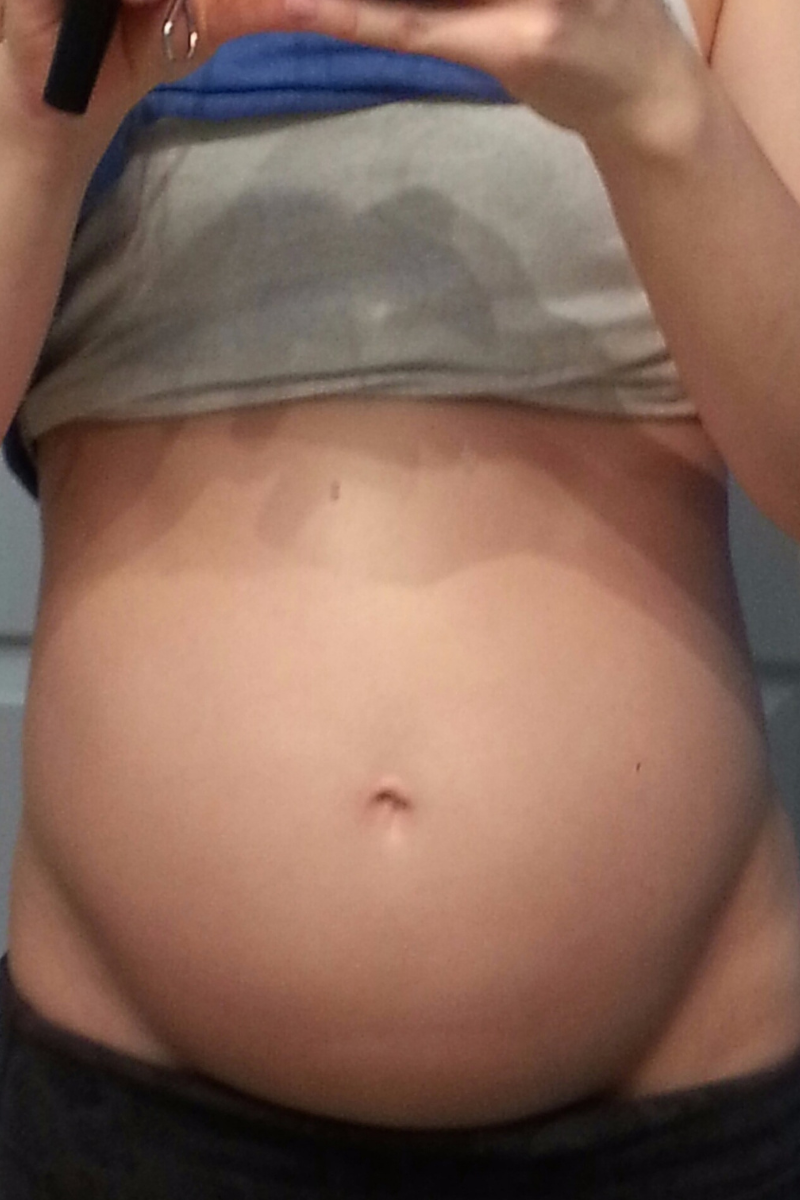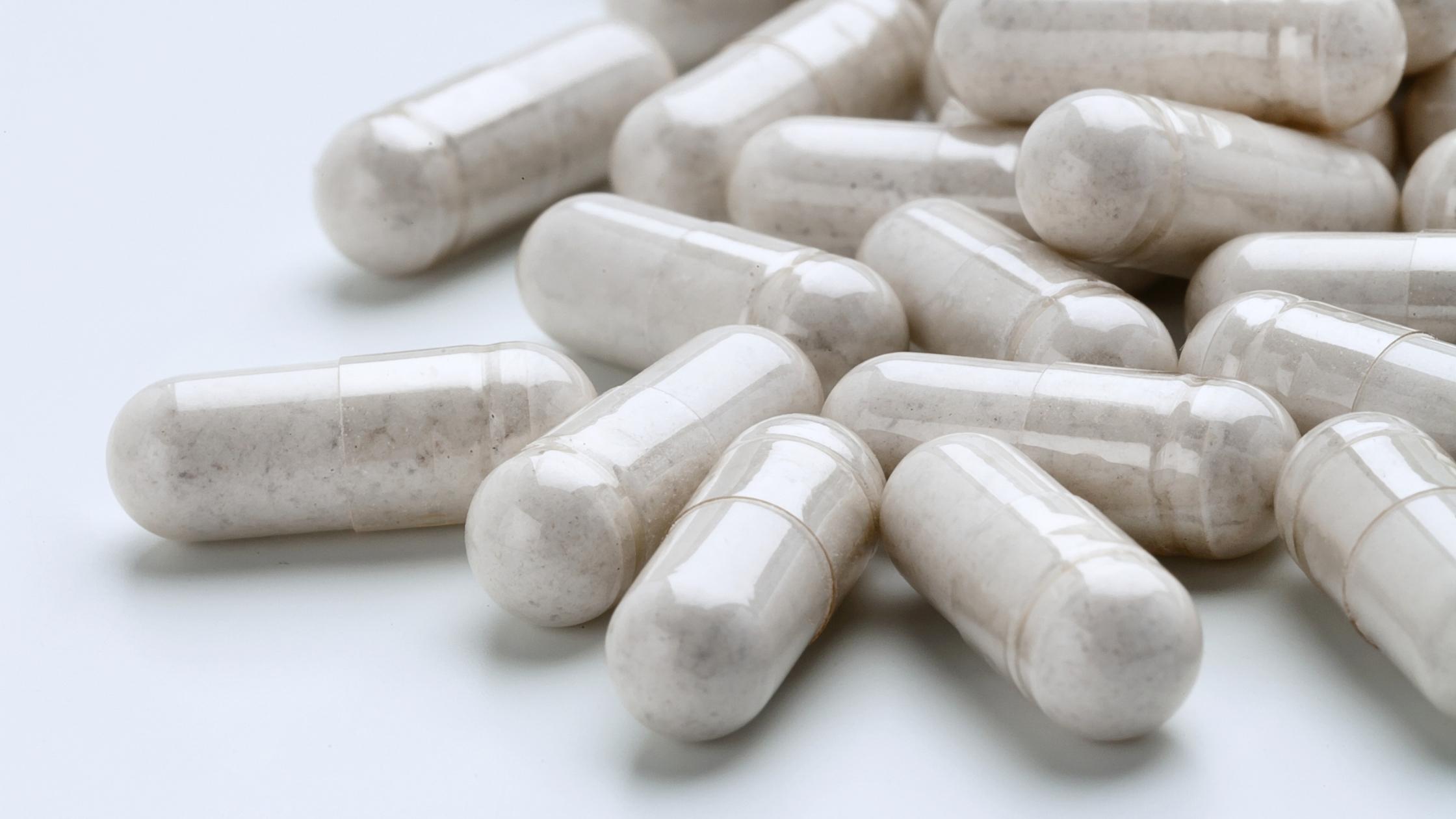For almost two decades, I lived with Irritable Bowel Syndrome.
Two. Decades.
Bloating after every meal. Unpredictable bathroom emergencies. Constant anxiety about what I could and couldn’t eat. The exhausting cycle of feeling good one day and miserable the next.
Sound familiar?
Like many of you, my IBS journey started with frustration. After countless tests, long waits for specialist appointments, and finally getting my diagnosis, I thought I’d have answers.
Instead, I got a prescription and a shrug.
When I asked about dietary changes—because I knew certain foods made things worse—I was told, “There’s nothing you can do.”
I left that appointment more confused and defeated than when I arrived.
But here’s the good news: Today, my IBS is in remission. I know exactly what works for my gut, and I’ve found the balance that keeps me feeling my best.
The journey wasn’t easy, and I made costly mistakes along the way—mistakes I now help my clients avoid.
If you’re struggling with IBS, I want to share the three biggest mistakes I made so you don’t have to waste years like I did.

My IBS Story: From Confused to Confident
Before I share what went wrong, let me give you some context.
I started experiencing IBS symptoms years before my actual diagnosis. Back then (early 2000s), there wasn’t nearly as much information available about IBS as there is now. The internet was still in its infancy, and gut health wasn’t the hot topic it is today.
When I finally got my IBS diagnosis, I expected a comprehensive plan. Instead, I got:
- A medication prescription
- Zero dietary guidance
- The dismissive message that I just had to “live with it”
So I did what many of you probably did: I took matters into my own hands.
I started researching. I tried different diets. I eliminated foods. I bought supplements.
And while some things helped temporarily, I kept making the same three critical mistakes that prevented me from finding lasting relief.
Mistake #1: I Stayed on Elimination Diets Way Too Long
The Low FODMAP diet changed my life—until it didn’t. When I first discovered Low FODMAP, it felt like a miracle. Finally, relief from the constant gas, bloating, and digestive chaos! I felt like I had found “the answer.”
But here’s what I didn’t understand at the time:
The Low FODMAP diet is NOT meant to be a long-term solution.
The protocol is designed to be followed for just 6-8 weeks, followed by a systematic reintroduction phase where you test individual FODMAP groups to identify your specific triggers.
Instead of doing this correctly, I stayed on the restrictive Low FODMAP diet for years.
Why This Was a Huge Mistake:
FODMAP foods aren’t inherently bad—they’re actually prebiotics that feed your beneficial gut bacteria. By avoiding them long-term, I was:
- Starving my beneficial gut bacteria
- Reducing the diversity of my microbiome
- Making my gut more sensitive over time, not less
- Creating new sensitivities I didn’t have before
What I Should Have Done:
After the initial 6-8 week elimination phase, I should have:
- Systematically reintroduced FODMAP groups one at a time
- Identified my specific triggers (not just avoiding everything)
- Gradually expanded my diet to include as many foods as possible
- Focused on rebuilding my microbiome, not just restricting foods
The irony? When I finally started reintroducing foods properly, my symptoms actually improved.
→ This is one of the biggest mistakes I see with my IBS clients. They get stuck in restriction mode, thinking they need to avoid foods forever. In my nutrition practice, I guide clients through proper reintroduction protocols so they can expand their diet while managing symptoms—not shrink it indefinitely.
Mistake #2: I Focused Too Much on What I Wasn’t Eating
If you Google “what to eat for IBS,” you’ll find endless lists of foods to avoid:
❌ No gluten
❌ No dairy
❌ No onions
❌ No garlic
❌ No beans
❌ No cruciferous vegetables
But you’ll find very little guidance on what you should be eating.
I fell into this trap hard. I thought I was “eating healthy” because I avoided gluten, dairy, and processed foods. But here’s what my typical week looked like:
- Same breakfast every day (gluten-free toast with almond butter)
- Rotating between 3-4 “safe” lunch options
- Same 5 dinner recipes on repeat
- Almost zero variety in vegetables, proteins, or grains
I was restricting, but I wasn’t nourishing.
The Problem With This Approach:
Your gut microbiome thrives on diversity. Different beneficial bacteria feed on different types of fiber and nutrients. By eating the same narrow selection of “safe” foods, I was:
- Limiting the diversity of my gut bacteria
- Failing to provide the building blocks for gut repair
- Missing out on essential nutrients
- Potentially creating new sensitivities through repeated exposure
Research shows that eating 30+ different plant foods per week significantly improves microbiome diversity. I was eating maybe 10.
What I Should Have Done:
Instead of obsessing over elimination, I should have focused on:
✓ Adding variety to every meal
✓ Incorporating different colors of fruits and vegetables
✓ Rotating protein sources (not just chicken every day)
✓ Including well-tolerated fiber sources to support my microbiome
✓ Finding creative ways to work around my sensitivities while still eating diverse foods
→ In my nutrition practice, I help clients build diverse, gut-supportive meal plans that work with their sensitivities—not against them. Because restriction alone will never give you lasting relief. Your gut needs nourishment, not deprivation.
Mistake #3: I Blamed Every Single Symptom on Food
This was perhaps my biggest mistake of all.
I became obsessed with food sensitivities. Every bloating episode, every belch, every irregular bowel movement—I assumed it was something I ate.
This sent me into an exhausting spiral:
- Constantly analyzing every meal
- Eliminating more and more foods
- Keeping detailed food journals
- Living in fear of my next meal
- Developing anxiety around eating
I was convinced that if I could just identify and eliminate the right foods, I’d finally feel better.
Then something surprising happened.
I went on my first real vacation in five years. And for the first time in forever, I let myself relax about food. I ate pasta. I had wine. I enjoyed foods I’d been avoiding for years.
And my gut felt amazing.
The Lightbulb Moment:
It wasn’t the food that was the primary problem—it was the stress.
More specifically, it was my dysregulated nervous system. Years of chronic stress, anxiety about food, and constantly being in “fight or flight” mode had been sabotaging my digestion the entire time.
When you’re stressed, your body literally shuts down optimal digestion:
- Blood flow diverts away from your digestive system
- Gut motility slows down
- Digestive enzyme production decreases
- The gut-brain axis becomes dysregulated
No amount of dietary restriction was going to fix that.
What I Should Have Done:
Recognized that IBS is a gut-brain disorder, not just a food problem. I should have focused on:
- Nervous system regulation practices
- Stress management techniques
- Addressing the psychological component of eating
- Building a relaxed, positive relationship with food
→ This is why my approach with clients goes far beyond meal plans. We work on nervous system regulation, stress management strategies, and building food confidence—because managing IBS requires addressing the whole picture, not just what’s on your plate.
The Real Root Causes of IBS (What I Wish I’d Known Earlier)
Looking back, I made these mistakes because I didn’t fully understand how IBS develops. I focused too Looking back, I made all these mistakes because I didn’t understand how IBS actually develops.
I thought food sensitivities were the root cause. But they’re actually just a symptom of deeper imbalances.
The Two Key Factors Behind IBS:
1. Gut Microbiome Dysbiosis
Your gut microbiome is the community of trillions of bacteria, fungi, and other microbes living in your digestive tract. When this ecosystem becomes imbalanced (dysbiosis), it can lead to:
- Increased gut sensitivity
- Excessive gas production
- Impaired digestion
- Inflammation
- Food sensitivities
This dysbiosis often happens after:
- Taking antibiotics
- Getting food poisoning or traveler’s diarrhea
- Experiencing a viral or bacterial infection
- Going through periods of high stress
- Following a restrictive diet for too long
2. Nervous System Dysregulation
The gut and brain are intimately connected through the vagus nerve and gut-brain axis. When your nervous system is stuck in “fight or flight” mode due to chronic stress, it directly impacts digestion.
This creates a vicious cycle:
- Stress → poor digestion → symptoms
- Symptoms → anxiety about food → more stress
- More stress → worse symptoms
Once I understood these root causes and started addressing BOTH my microbiome AND my nervous system, everything changed.
Your IBS Doesn’t Have to Control Your Life
If you’ve been struggling with IBS for months or years, I want you to know something important:
You’re not broken. Your gut just needs the right support.
You might be making the same mistakes I made:
- Staying too restrictive for too long
- Focusing only on elimination instead of nourishment
- Blaming everything on food and ignoring the nervous system component
But here’s the truth: Simply going gluten-free or dairy-free won’t address the underlying causes of your IBS.
You need a comprehensive approach that:
✓ Rebuilds your gut microbiome diversity
✓ Identifies your specific triggers (not just avoiding everything)
✓ Regulates your nervous system
✓ Expands your diet over time (not restricts it)
✓ Addresses the gut-brain connection
This is exactly what I help my clients do.
The Bottom Line
I spent nearly two decades struggling with IBS, making mistakes that kept me stuck in a cycle of restriction, fear, and frustration.
You don’t have to make the same mistakes I did.
You don’t have to live with constant bloating, unpredictable digestion, and anxiety around food.
IBS remission is possible—I’m living proof.
Let me show you the path I wish I’d known about years ago.




+ show Comments
- Hide Comments
add a comment